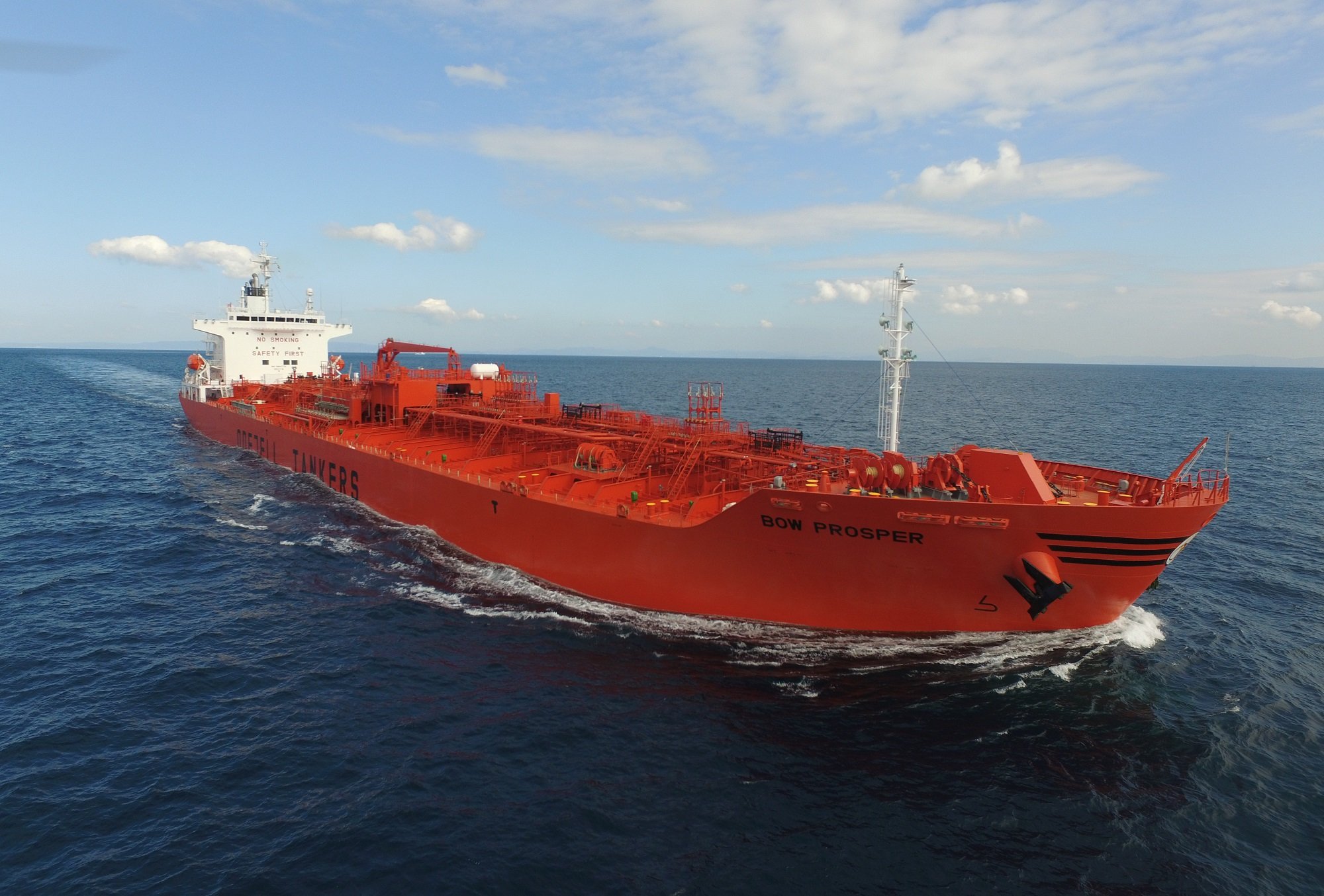Gisa Paredes, a psychologist and managing director of WellAtSea, writes for Splash today.
At sea, stress is expected. Long hours, isolation, and operational pressures are part of the job. But one silent, often misunderstood force can erode seafarer wellbeing from the inside out: grief.
We tend to think of grief as something that arrives with death, a short-term emotional response with an endpoint. But grief is more complex and far more pervasive, especially in the lives of those who work far from home for long stretches of time. I believe grief may be one of the least acknowledged contributors to the mental health challenges seafarers face.
Grief isn’t just about death. It’s a response to loss – and loss happens in many forms. There’s ambiguous grief when someone back home is sick and you don’t know if you’ll ever see them again. There’s grief that comes from isolation, when distance means you miss milestones, fall out of friendships, or can’t say goodbye.
Grief has another, older definition: to trouble, or to annoy. That discomfort—the low-level, persistent ache of unresolved feelings—can manifest in frustration, withdrawal, even disciplinary issues aboard ship. It may show up in the form of fatigue or anger, or in seafarers ‘shutting down’ emotionally to cope. When grief is unnamed, it can be mistaken for poor morale or poor performance, when in fact it’s pain.
As an industry, we need to pay attention to the shifting constellations in a person’s life when grief strikes. When someone important to you is gone—whether by death, illness, or estrangement—your entire framework shifts. What made sense before no longer does. That kind of disruption isn’t easy to contain in a 4×4 cabin.
Importantly, grief at sea is rarely addressed. Few companies offer protocols for supporting grieving crew members beyond basic bereavement leave—if that. There are no standard tools for helping someone navigate the emotional complexity of, say, receiving news of a loved one’s death halfway through a four-month contract, thousands of miles from the nearest port.
Yet the impact is real. Studies link unacknowledged grief to long-term mental health risks, including depression, substance misuse, and burnout. Seafarers are not immune—and their grief, often layered with the effects of distance, culture, and work stress, can be particularly acute. Distance makes grief deeper. While your family grieves together, you’re alone. While they gather to remember, you’re running drills.
In a hypermasculine, often stoic work culture, there is little room to honour the anger that comes with grief. And without that outlet, it can be internalized or misplaced—potentially leading to conflicts onboard or spirals of shame.
What can be done? Start by naming it. Make space in mental health conversations to talk about grief—not just the death of a loved one, but the grief of missing a child’s first steps, a wedding, or a final goodbye. Encourage managers and officers to recognize the signs of ambiguous grief and avoid framing emotional withdrawal as a lack of professionalism.
Invest in training for senior officers and wellness providers onboard. Build partnerships with organisations like WellAtSea that can guide companies in designing grief-sensitive wellbeing strategies. Create peer networks or onboard rituals—simple things like lighting a candle, writing a letter, or sharing stories—that allow seafarers to mark loss with dignity and human connection.
Above all, stop treating grief as a private problem. Grief doesn’t just visit you once and leave. She comes and goes, unannounced, sometimes staying longer than you’d like. But the more you learn to recognise her, the more you understand who you are becoming.
At sea, we prepare for many emergencies. It’s time we prepared for grief, too.





